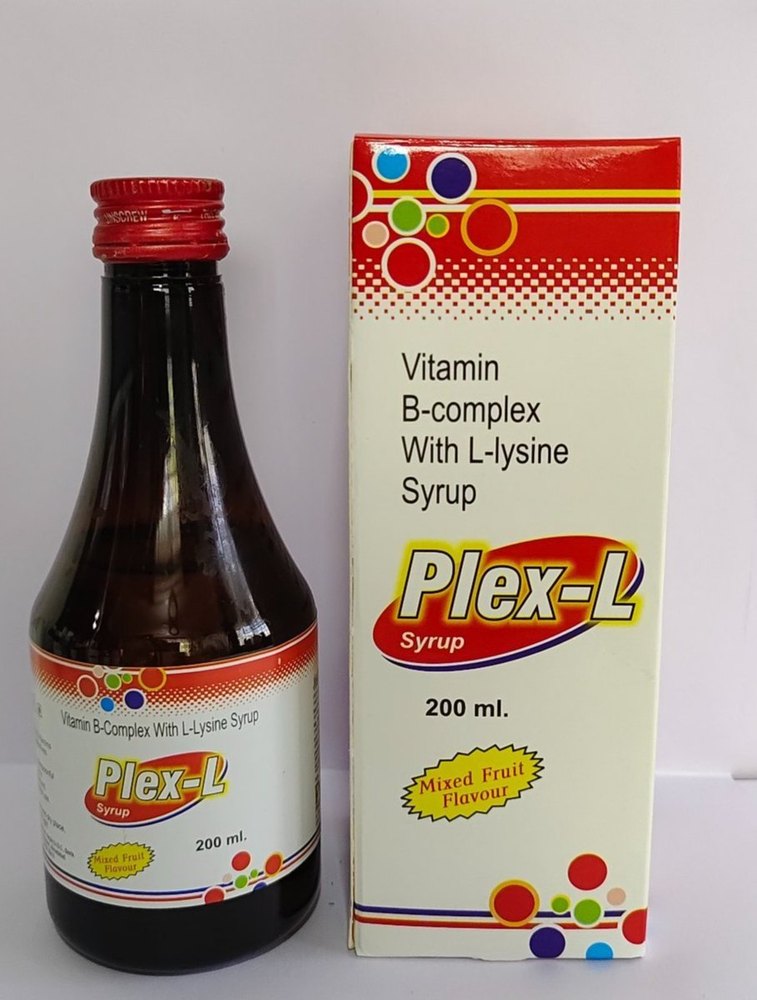Description
Lans OD (Lansoprazole) 30mg Capsule: Patient Information
Description
Lans OD 30mg is a capsule containing the active ingredient Lansoprazole. It is manufactured by Zydus Pharmaceuticals and is available in Nepal. Lansoprazole is part of a class of medications known as Proton Pump Inhibitors (PPIs). It functions by blocking the final stage of stomach acid production, which effectively reduces both the natural and food-stimulated acid levels in your stomach.
This information is for educational purposes only and should not be considered a substitute for professional medical advice, diagnosis, or treatment.
Uses
Lans OD Capsule is prescribed for the treatment and management of various conditions related to the overproduction of stomach acid, including:
- Peptic Ulcers: Healing sores on the lining of the stomach (gastric ulcer) or the upper part of the small intestine (duodenal ulcer).
- H. pylori Infection: Used as part of a combination therapy with antibiotics to eliminate the Helicobacter pylori bacterium, a common cause of ulcers.
- Gastro-esophageal Reflux Disease (GERD): Managing symptoms like heartburn caused by stomach acid flowing back into the esophagus.
- Erosive Esophagitis: Healing acid-related damage and inflammation of the esophagus.
- Hypersecretory Conditions: Controlling rare conditions that cause excessive stomach acid production, such as Zollinger-Ellison syndrome.
- Acid-Related Dyspepsia: Relieving indigestion and discomfort caused by excess stomach acid.
- NSAID-Induced Ulcers: Treating and preventing ulcers that are caused by the long-term use of non-steroidal anti-inflammatory drugs (NSAIDs).
Dosage and Administration
Lans OD Capsule should be taken on an empty stomach, before a meal.
Adult Dosage:
- Peptic Ulcer: 30 mg once daily in the morning. Treatment duration is typically up to 4 weeks for duodenal ulcers or up to 8 weeks for gastric ulcers. A maintenance dose of 15 mg per day may be prescribed.
- Zollinger-Ellison Syndrome: The usual starting dose is 60 mg once daily in the morning. Your doctor will adjust the dose as needed. Daily dosages exceeding 120 mg should be administered in two divided doses.
- Acid-Related Dyspepsia: 15-30 mg once daily in the morning for 2 to 4 weeks.
- Gastro-esophageal Reflux Disease (GERD): 15-30 mg once daily in the morning for 4 to 8 weeks. A maintenance dose of 15-30 mg daily may be continued based on your response.
- Prophylaxis of NSAID-Induced Ulcers: 15-30 mg once daily in the morning.
- H. pylori Infection: As part of a one-week triple therapy regimen: 30 mg twice daily, combined with clarithromycin 500 mg twice daily and amoxicillin 1 g twice daily, OR combined with clarithromycin 250 mg twice daily and metronidazole 400 mg twice daily.
- Erosive Esophagitis: 30 mg once daily in the morning for up to 8 weeks. If healing is incomplete, an additional 8 weeks of therapy may be considered. The maintenance dose is 15 mg once daily.
- NSAID-Associated Ulceration: 30 mg once daily in the morning for 4 to 8 weeks.
Special Populations:
- Elderly: No dosage adjustment is required.
- Hepatic Impairment: For patients with severe liver disease, the maximum daily dose is 30 mg.
Child Dosage:
- Gastro-esophageal Reflux Disease & Erosive Esophagitis (Ages 1-11 years):
- Weight <30 kg: 15 mg once daily in the morning for up to 12 weeks.
- Weight >30 kg: 30 mg once daily in the morning for up to 12 weeks.
- The dose may be increased to 30 mg twice daily if symptoms persist after 2 or more weeks of treatment.
- Gastro-esophageal Reflux Disease (Ages 12-17 years): 15 mg once daily for up to 8 weeks.
- Erosive Esophagitis (Ages 12-17 years): 30 mg once daily for up to 8 weeks.
Renal Impairment:
- No dosage adjustment is needed for patients with kidney problems.
Important Safety Information
Contraindications:
- Do not take Lans OD Capsule if you have a known hypersensitivity (allergy) to Lansoprazole or any other ingredient in the medication.
Precautions:
- It is important to rule out the presence of a stomach malignancy before starting treatment, as Lansoprazole can mask the symptoms.
- Use with caution in patients with liver problems.
- Consult your doctor if you are pregnant or breastfeeding. It is not known if Lansoprazole passes into breast milk, so nursing is not recommended during treatment.
Drug Interactions:
Lansoprazole can interact with other medicines. Be sure to inform your doctor about all medications you are currently taking, including:
- Diuretics (water pills) and digoxin, as there is an increased risk of low magnesium levels.
- Antacids and sucralfate, which can reduce the absorption of Lansoprazole.
- Lansoprazole may reduce the effectiveness of certain drugs like erlotinib, dasatinib, lapatinib, itraconazole, and ketoconazole.
- It may increase the blood levels of cilostazol and methotrexate.
- Potentially Fatal Interactions: Lansoprazole can seriously decrease the effectiveness of certain HIV medications, such as rilpivirine and atazanavir.
Adverse Effects
Like all medications, Lans OD Capsule may cause side effects, though not everyone will experience them.
Common Side Effects (affecting 1-10% of users):
- Headache (3-7%)
- Diarrhea (1-5%)
- Constipation (1-5%)
- Nausea (1-3%)
- Abdominal pain (1-3%)
Uncommon Side Effects (affecting less than 1% of users):
- Anxiety
- Chest pain (Angina)
- Palpitations
- Fainting (Syncope)
- Swelling (Edema)
- Loss of appetite (Anorexia)
- Dry mouth
- A persistent feeling of needing to have a bowel movement (Tenesmus)
- Gas (Flatulence)
- Black, tarry stools (Melena)
- Muscle pain (Myalgia)
- Ringing in the ears (Tinnitus)
- Allergic reaction
If you experience any severe or persistent side effects, please contact your healthcare provider.
Additional information
| form | Suspension |
|---|





Reviews
There are no reviews yet.